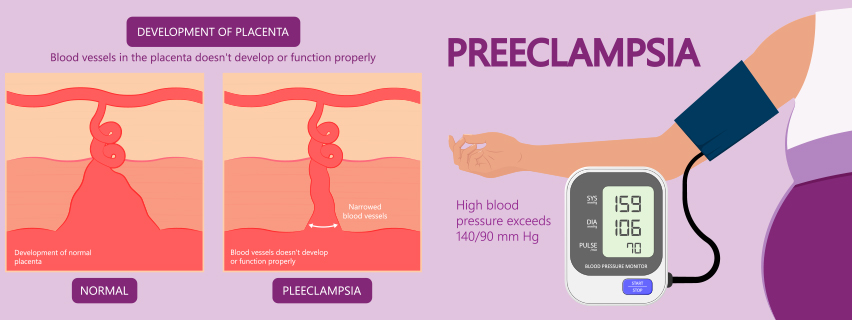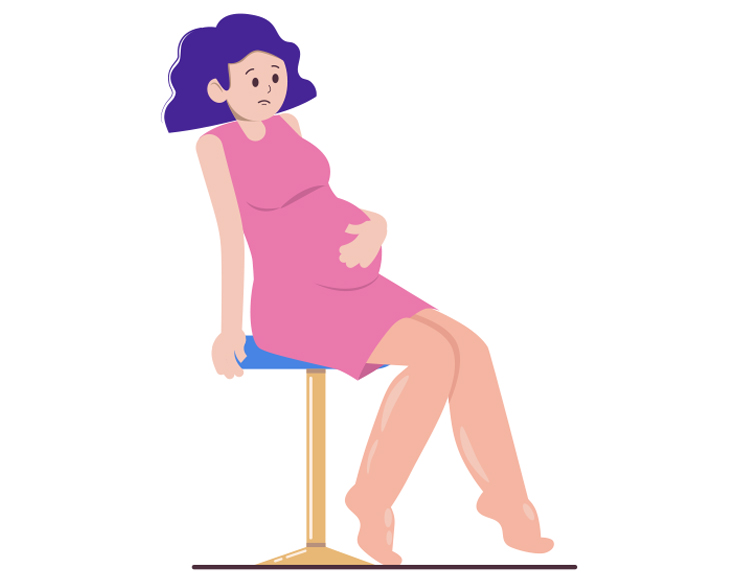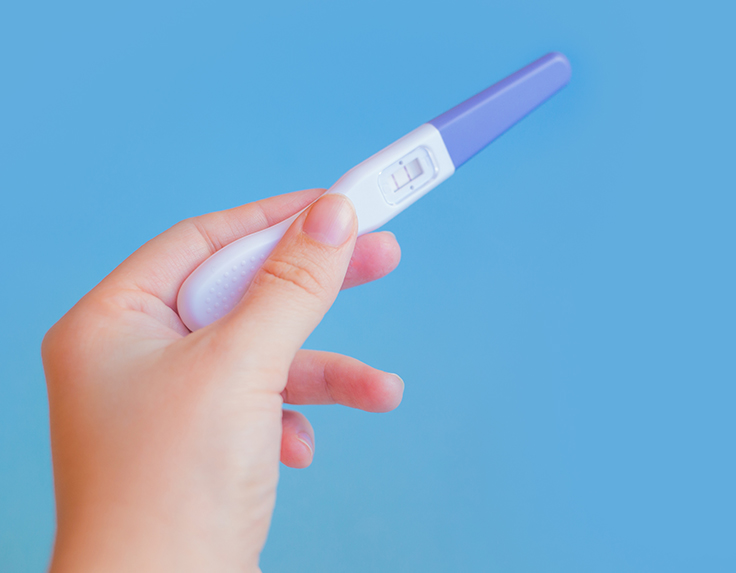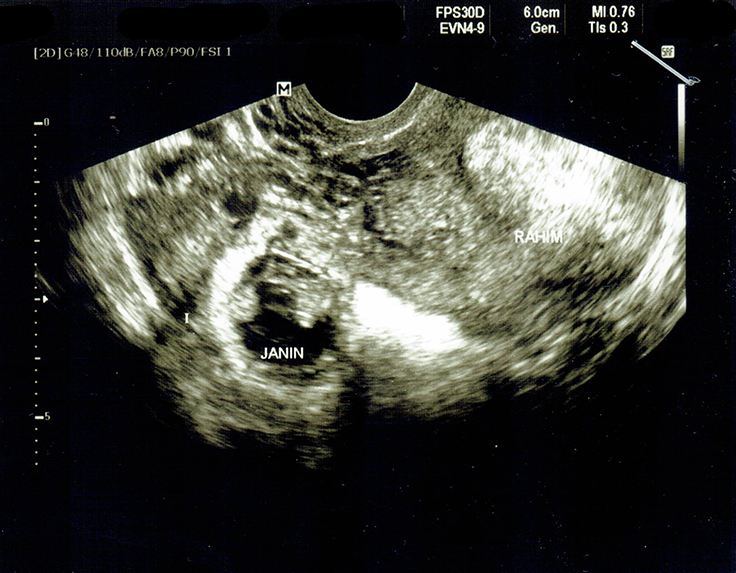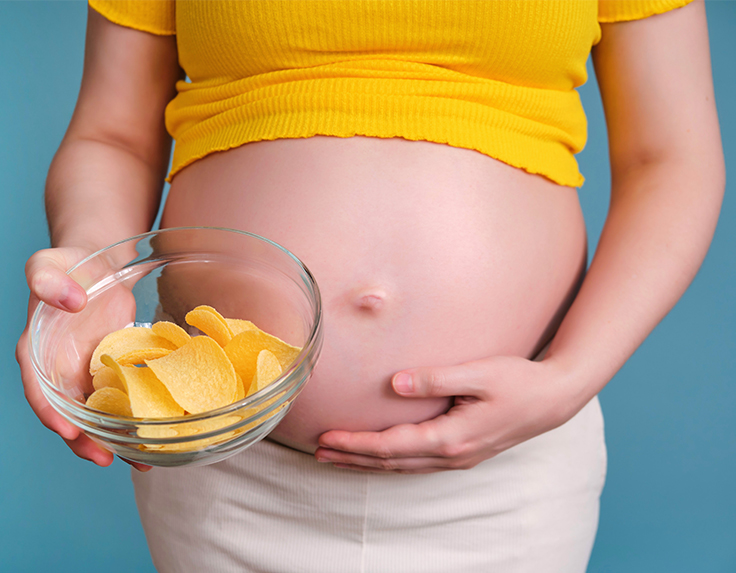Pregnancy is a remarkable journey marked by profound physical and emotional changes, making it a unique and transformative phase in a woman’s life. It’s a time of joy, anticipation, and sometimes, a touch of apprehension. As expectant mothers, your bodies are performing incredible feats, nurturing new life within. Amidst this awe-inspiring journey, there’s a crucial aspect that often takes a backseat—the concept of pregnancy self-care.
Self-care during pregnancy is not a luxury; it’s a necessity. It involves prioritizing your well-being, both physically and emotionally, to ensure a healthier and more fulfilling pregnancy experience. In the hustle and bustle of prenatal appointments and baby preparations, it’s easy to overlook the essential act of nurturing yourself.
Understanding Pregnancy and the Need for Skin-Care
Pregnancy is a miraculous process, marked by an array of physical and emotional transformations. Physically, your body is working tirelessly to support the growth and development of your baby. Hormonal changes, weight gain, skin alterations, and bodily discomforts are all part of this incredible journey. Emotionally, you may find yourself riding waves of joy, excitement, and, at times, apprehension or anxiety.
Amidst the physical and emotional changes, the importance of skincare during pregnancy cannot be overstated. It is a fundamental aspect of self-care that contributes significantly to your overall well-being.
- Pregnancy can bring about skin-related discomforts, such as dryness, itching, and stretch marks.
- Proper skin care can alleviate these discomforts and promote physical well-being.
- Feeling good about your skin can have a positive impact on your emotional health.
- Skincare rituals can serve as moments of self-care, relaxation, and self-affirmation.
- Skincare can help prevent or manage common pregnancy-related skin issues like stretch marks and melasma.

Introducing Prega Happy Anti Stretch Mark Cream
Prega Happy Anti Stretch Mark Cream is a remarkable addition to the Prega For You preconception range, specifically designed to address the unique skincare needs of pregnant women. This exceptional cream is more than just a skincare product; it’s a companion on your pregnancy journey, aimed at reducing the appearance of stretch marks and alleviating itching that often accompanies this transformative phase.
What sets Prega Happy Cream apart is its thoughtfully crafted formulation. It combines the goodness of nature with advanced skincare science to cater to the specific needs of expectant mothers. Here’s what makes it truly unique:
Gotukola: Known for its skin-healing properties, Gotukola plays a pivotal role in maintaining skin elasticity and preventing stretch marks.
Onion Extract: Onion extract, renowned for its ability to improve the appearance of scars and stretch marks, is a key ingredient in this cream.
Aloe Vera: Aloe vera provides deep hydration to your skin, keeping it supple and nourished.
Almond Oil: Almond oil, rich in vitamins and antioxidants, aids in skin repair and rejuvenation.
Shea and Cocoa Butter: These natural butters are known for their deep moisturizing properties, soothing irritated skin, and preventing itching.
Prega Happy Cream’s commitment to your well-being is reflected in its natural and safe ingredients. You can feel confident knowing that you are nourishing your skin with the goodness of nature, without exposing yourself or your baby to harmful chemicals or allergens.
Using Prega Happy Anti-Scar Cream Effectively
The effectiveness of Prega Happy Cream relies on proper application. Here’s a step-by-step guide to make the most of this skincare companion:
Cleanse: Start with clean, dry skin. Gently cleanse the areas where you plan to apply the cream, ensuring they are free from dirt and impurities.
Dispense: Squeeze a small amount of Prega Happy Cream onto your fingertips. You don’t need a large quantity; a little goes a long way.
Apply: Using gentle, circular motions, apply the cream to the areas prone to stretch marks. These typically include the abdomen, breasts, hips, and thighs. Be sure to massage the cream in thoroughly, allowing your skin to absorb it.
Timing: For optimal results, use Prega Happy Cream at least twice a day. Consistency is key, so aim to incorporate it into your morning and evening skincare routines.
Knowing when and how often to use Prega Happy Cream is essential for achieving the best results:
Timing: Begin using the cream after three months of pregnancy, or as soon as you notice changes in your skin. Starting early can help prevent the formation of stretch marks.
Frequency: Apply the cream at least twice a day, ideally in the morning and evening. Regular, consistent use is crucial for its effectiveness.
Throughout Pregnancy: Continue using the cream throughout your pregnancy journey to maintain skin elasticity and hydration.
Post-Pregnancy: Don’t stop after delivery; Prega Happy Cream can also help with post-pregnancy skin recovery. Continue using it to reduce the appearance of stretch marks.
Self-care is not a luxury but a necessity during pregnancy. By prioritizing self-care, you’re investing in your well-being and that of your growing baby. It’s a way to navigate the physical and emotional changes with grace and resilience. Self-care is a path to a healthier and happier pregnancy journey, helping you cherish every moment.
As expectant mothers, you deserve care and attention, just as you shower love upon your developing baby. Embrace self-care as an integral part of your pregnancy routine. Make Prega Happy Anti Stretch Mark Cream your ally in this journey, and let it remind you that taking care of yourself is an act of love, strength, and celebration.
So, let’s dive into some frequently asked questions (FAQs) to provide you with the clarity and confidence you need on your path to a more comfortable, enjoyable, and confident pregnancy.
Q1. Is Prega Happy Cream safe during pregnancy?
A1. Absolutely! Prega Happy Cream is specifically formulated with safe and natural ingredients suitable for expectant mothers.
Q2. Can I use it on sensitive skin?
A2. Yes, the cream is designed with sensitive skin in mind. It has a pH of 5.5 to keep your skin balanced and is allergen-free, making it gentle even on the most sensitive skin.
Q3. When should I start using it?
A3. You can start using Prega Happy Cream as early as three months into your pregnancy or when you notice skin changes. Early application can be more effective in preventing stretch marks.
Q4. Can I use it after pregnancy?
A4. Absolutely! Prega Happy Cream can continue to be part of your skincare routine after pregnancy to help reduce the appearance of post-pregnancy stretch marks.



























